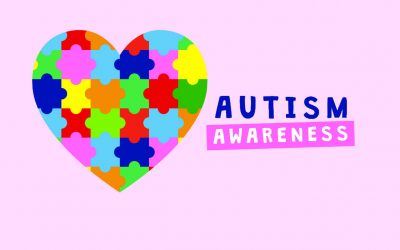Alice Bender’s work
An important part of Alice Bender’s work as curriculum coordinator at the Riverside School board has been the promotion of inclusive education in schools which involves the integration of handicapped children in the regular school curriculum so that they learn alongside other children. A
dynamic, 54-year old woman passionate about her work, it’s not surprising that her contribution has recently been noticed by the Canadian Association for Community Living. They have given Alice Bender an award in recognition of her outstanding work at a Toronto workshop on inclusive learning this past November 2nd (2002).
In her work, Alice aids teachers develop the skills required for inclusive education. This includes how to teach with more variety and different levels of
challenge adapted to handicapped and non-handicapped children. Children
with disabilities may not learn at the same level or at the same rate as their peers. Teachers trained in this manner integrate handicapped children in the classroom while keeping in mind government guidelines and implemented study programs.
Inclusive learning, as Alice puts it,
“is more a philosophy than a series of learning goals. It’s the belief
that all kids belong together.” Alice goes on to say that the philosophy
of inclusive education is that children with disabilities attend the
same neighbourhood schools and classes as their siblings. Handicapped
children learn alongside other children just as they would at home. When
asked how she got involved in inclusive education as a specialty, she
answers, “Both my parents were handicapped, and this has a lot to do
with how I see handicapped people.” On the other hand, she recalls a
pivotal incident as a Grade 1 schoolteacher in the eighties. “I had a
six-year old boy in my class that had the development of a 3-year old.”
She discussed this child with her school principal.
In doing so, Alice recalls her change in mindset. “He was six years old and lived in the
area. Instead of teaching a subject, you’re teaching a child.” From that
point on, she took courses on inclusive education that would teach her
the necessary skills for integrating children with disabilities in the
regular classroom. She then went on to work several years for the
provincial ministry of Education as a consultant for inclusive issues in
English Quebec. In 1998, she returned to the School Board initially as
school principal of Harold Napper elementary school, and switched to
being full-time curriculum coordinator for inclusive education since
2001.
More recently, Alice has been invited by UNICEF to develop teacher
training modules on inclusive education in Mali and other African
countries. She will be returning to Mali for the third time this year in
December. Over the years, she has had the chance to follow several
children that have benefited from inclusive learning. To illustrate how
a teacher might use inclusive education skills, she tells the story of
a Down’s syndrome child, Johnny.
In a 6-grade class, the teacher was
discussing Jacques Cartier with the children. She had written the name
of the famous explorer on the board with a felt marker. Since one of her
goals was to teach Johnny to spell his name, in the middle of the
discussion, she would circle the letter “J” in Jacques Cartier’s name
with a different colour marker, turn to Johnny and ask him, “Johnny,
what letter is this?”
At another point in the discussion she might ask
him what colour the marker in her hand was. Johnny would reply,
expecting to be part of the ongoing discussion. Alice also points out
how the other children may benefit from the inclusive system. They learn
how to deal with peers such as Johnny, naturally mimicking the teacher’s
interactions with the disabled child. They gain an awareness of the
child’s level of ability and knowledge of how they can assist him or
her. Inclusive education is gradually becoming more widespread. Most
children taught in the Riverside School board system are taught in the
inclusive system.


